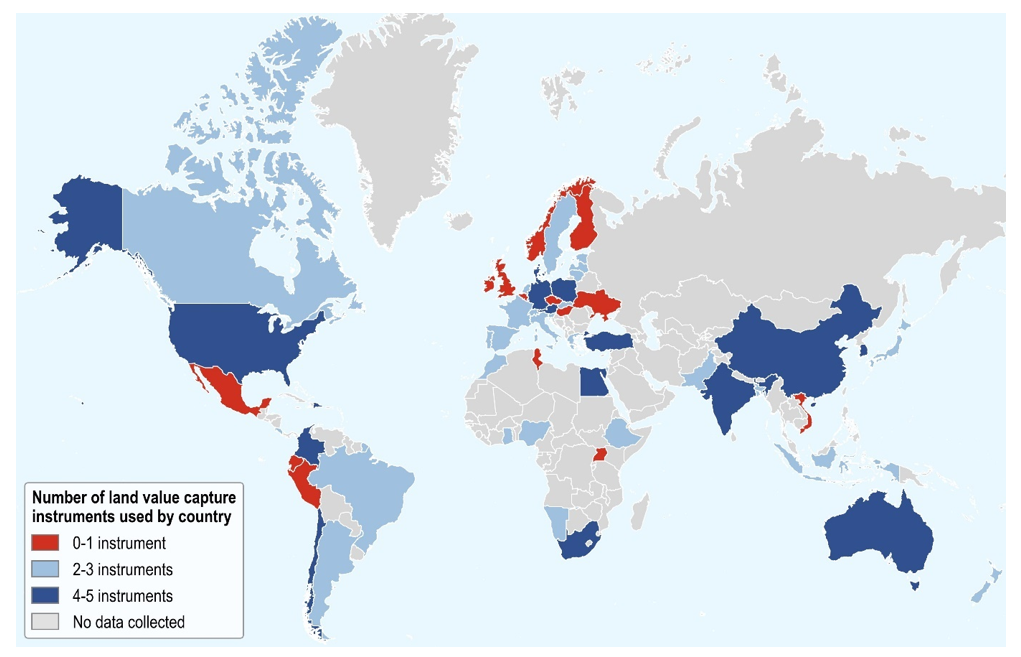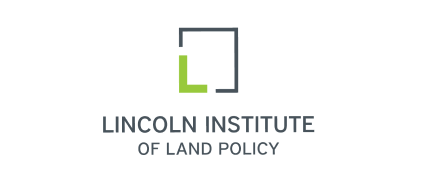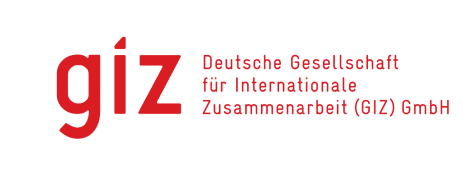Land-based finance enables governments to fund investment in sustainable urban development efficiently and equitably. It allows to recover land value increases resulting from public infrastructure provision and changes in land-use regulations. Value uplifts can be substantial – often exceeding the cost of infrastructure provision – and can pay for clean transportation infrastructure, parks, affordable housing, etc.
International Programme for Land-Based Finance
The OECD International Programme for Land-Based Finance supports countries and local governments in funding sustainable urban development.
About land-based finance
About the programme
The Programme investigates how land-based finance is used around the world to help national and local governments adopt new land-based finance policies and improve existing ones. In close cooperation with the Lincoln Institute of Land Policy and with the support of the German Corporation for International Cooperation (GIZ), the OECD produced a Global Compendium of Land Value Capture Policies covering 60 countries around the globe, with an internationally comparable taxonomy of land-based finance policies. The Programme has also advised the Indonesian government on how to implement land-based finance tools to fund water infrastructure. It continues to support governments and private sector stakeholders and fosters international policy dialogue on the issue – for example on how land-based finance can be used to fund green infrastructure to protect cities against climate hazards.
Most countries use some form of land-based finance – but few countries use it systematically

Programme output
US$ 130
Trilion
In 14 OECD countries for which data exists, land makes up roughly 35% of the total capital stock. Extrapolated for all 38 OECD countries, land is worth close to 130 trillion US dollars.
US$ 1.3
Billion
The construction of a metro line in 2000 in Manila, the Philippines’ capital, increased the value of land within 1km of the line’s stations by nearly 3.4 billion US dollars. The line cost the city 655 million dollars to build.
US$ 5.5
Billion
The 2017 Q metro line extension in New York City generated 5.5 billion dollars in land value and cost 4.5 billion dollars.
Get in touch
Rüdiger Ahrend
Andrés Fuentes Hutfilter
Matteo Schleicher
Tadashi Matsumoto
Jaebeum Cho
Partners
Lincoln Institute of Land Policy

GIZ


